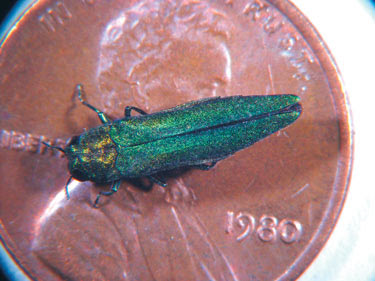
At the close of each winter, when the nights are still below freezing and the days above, it's that time again. Time for New Hampshire's sugar maples to be pressed into service to provide their sweet sap for reduction into golden maple syrup, in turn to be poured over the nation's pancakes, french toast, and other breakfast edibles.
Maple syrup is undeniably a forest product, just as lumber, wood chips and paper are - and the harvesting of sap from maples each spring is also a form of local and sustainable agriculture. Despite this, management of an active sugarbush can run counter to other common timber management objectives - in a sugarbush, sugar maples are favored over all other species, creating a kind of monoculture, and tap holes certainly decrease the value of maple logs if the area were ever harvested. Although we wouldn't want a sugaring operation on every northern hardwood forest SPNHF owns, the Forest Society does have several sugarwoods on it's reservations. The Rocks Estate in Bethlehem has one, complete with a maple museum and operating sugarhouse to let visitors experience all aspects of maple sugaring from tapping to sap collection to boiling and syrup draw-off. The Forest Society also leases portions of a few reservations (primarily those in the sweet soils of the CT river valley like Nemiah Forest in Lyme or Yatsevitch Forest in Plainfield/Cornish) to maple producers to operate as sugarwoods. So if you see sugaring lines on the Forest Society reservation you monitor for us, be sure to check with SPNHF Land Management staff to make sure this is part of an active lease agreement!

Taylor Brother Sugarhouse in Meriden, NH. Some of the sap they're boiling comes from trees on the Yatsevitch Reservation in Cornish & Plainfield.
If you have never been to a New Hampshire sugarhouse during March or early April, you should make plans to visit one. It is quite an experience to eat a donut slathered in maple cream or sip a cup of coffee flavored with Grade B syrup (the darkest and most flavorful grade, produced towards the close of each sugaring season) inside the sweet and steamy sugarhouse. It's a true NH treat!
